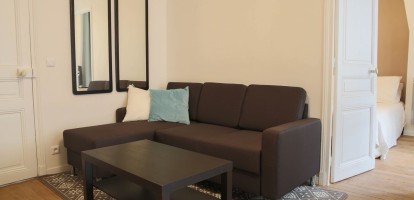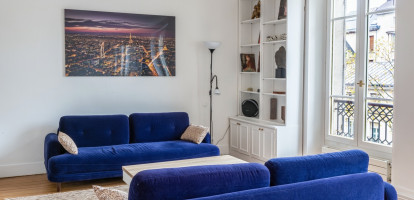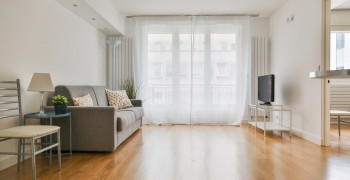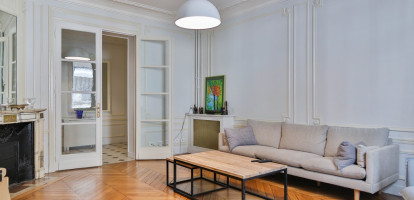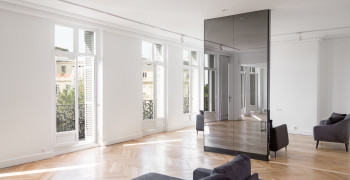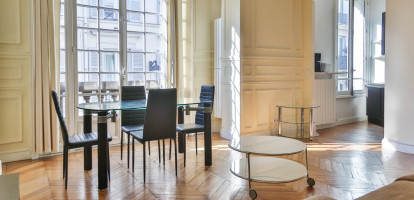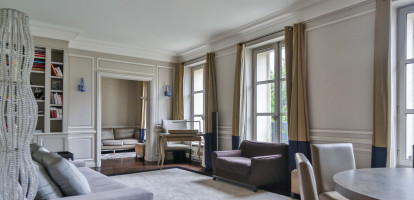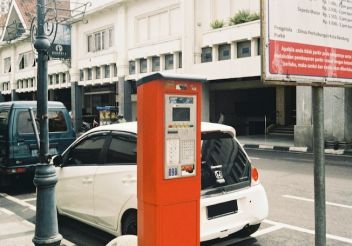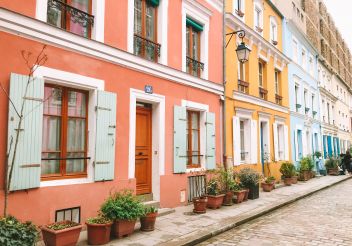With its world-renowned healthcare system and leading medical facilities, Paris is a top destination for individuals seeking specialized medical treatment. Moving to Paris can offer you access to the latest medical technologies and expert care, whether seeking cancer treatment or other specialized care. This guide will help you navigate your medical travel to France and answer questions about getting medical treatment in Paris as a foreigner, applying for a French medical visa, the best hospital for expats, living arrangements, support services, and more.
Why Coming to Paris for Medical Treatment?
World-Class Healthcare System: France boasts one of the best healthcare systems globally, with high standards of care, advanced medical facilities, and an accessible national healthcare system for residents.
Specialized Treatment Centers: Paris is home to numerous specialized treatment centers, such as Gustave Roussy Hospital, one of the top five world leaders in cancer management.
Expert Medical Professionals: Paris attracts top medical professionals and specialists who are leaders in their fields, offering you the best possible care.
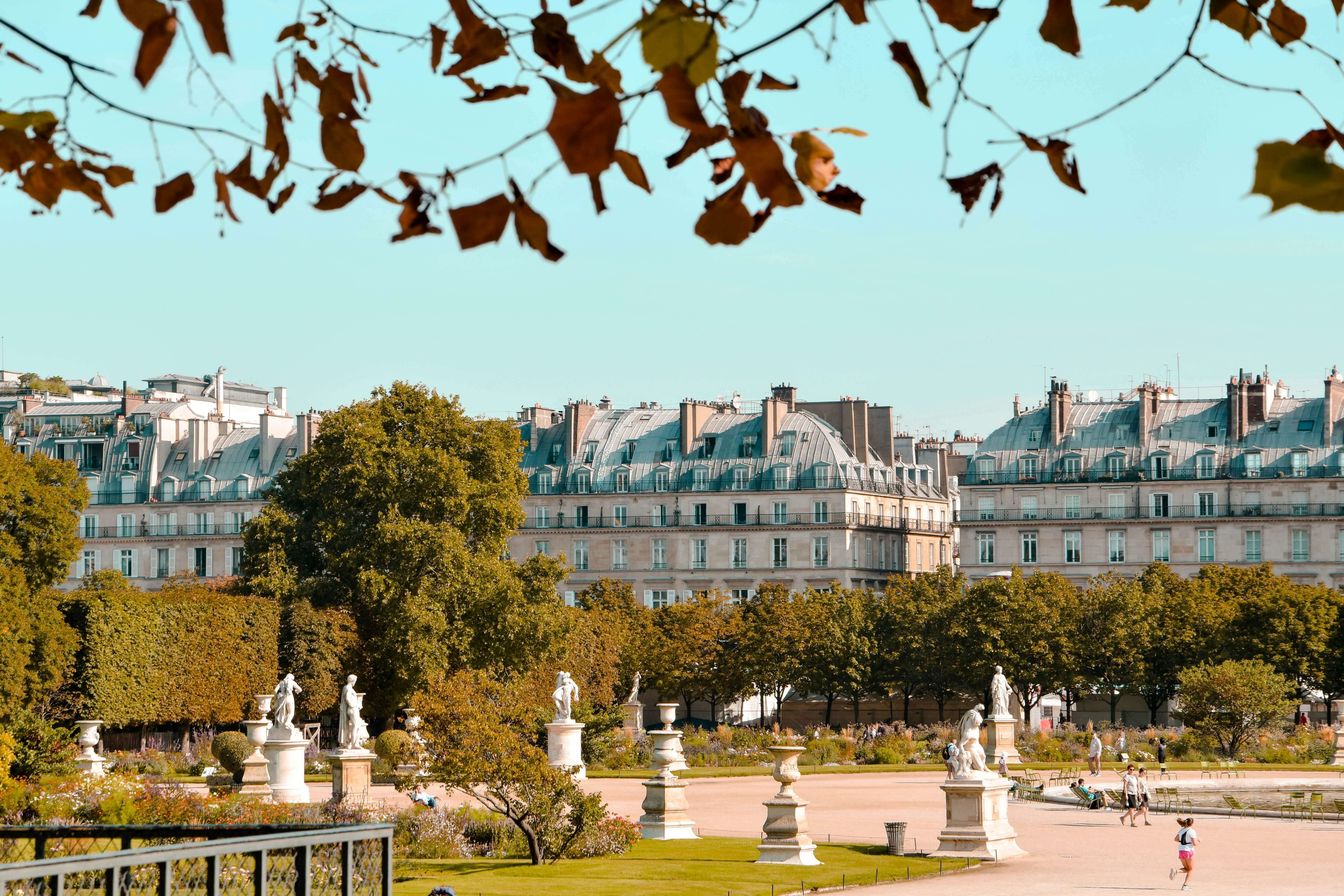
Obtaining a France Medical Visa
Depending on your nationality, you may need a medical treatment visa to travel to France for medical care, usually called a short-stay visa (Schengen visa), for medical reasons. For more information, consult the French consulate in your home country, which can provide specific information and assistance with the visa application process.
Who Needs a Visa to Get Medical Treatment in France?
- European Union Citizens: No visa is required.
- Short-Stay Visa-Exempt Countries: Citizens of certain countries, including the United States and the United Arab Emirates, do not need a visa to stay in France for up to 90 days within 180 days.
- Visa Required Nationalities: Citizens from countries such as Algeria, Saudi Arabia, Cameroon, China, Ivory Coast, Egypt, Gabon, Kuwait, Lebanon, Morocco, Niger, Russia, Senegal, and Tunisia require a short-stay visa to get medical treatments in France.
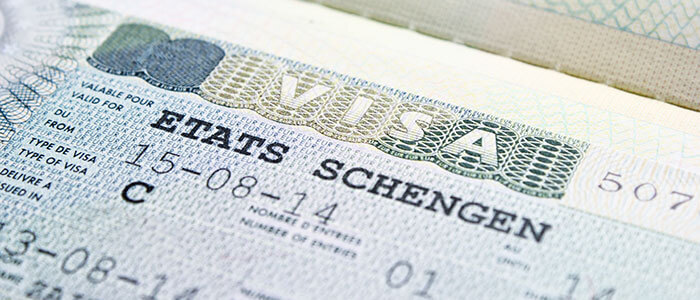
What are the visa requirements for moving to Paris for medical treatment?
To qualify for a French medical visa, you must prove that the necessary treatment is unavailable in your home country with a medical certificate proof from a doctor.
How to obtain a French Visa for medical reasons?
You must submit your Visa applications to the French consulate in your home country. How long does it take to obtain a French Medical Visa? Usually, the Visa is issued within two to ten days. In the case of a severe medical emergency, the French consulate in charge will accelerate the visa application process.
What documentation is required for a France Medical Visa?
You'll need to provide both standard short-stay visa documents and specific paperwork related to your medical circumstances.
The standard documentation required for short-stay visas includes:
- Proof of accommodation in France (such as a lease contract)
- Travel and repatriation insurance confirmation with a minimum coverage of €30,000
- Proof of adequate personal finances for expenses during your stay (such as payslips or bank statements)
- Two recent passport photos
- Completed visa application form
Additional supporting documents relating to your medical condition and required treatment, such as
- An official letter from your doctor or hospital declaring the need for medical treatment in France
- Official confirmation from the French healthcare provider or hospital regarding admission dates, duration of hospitalization, and an estimated treatment cost
- Proof of prepayment of medical expenses.
Can the French medical reason Visa be extended?
It is possible to extend the medical Visa if the patient's health condition requires it. To do so, you must provide a health certificate from your care facility or attending physician. The Visa extension formalities should be carried out at your local prefecture in France.
How do I find long-term rental accommodation near medical facilities in Paris?
Finding long-term accommodation near medical facilities in Paris can be approached through various channels:
- Local Paris Rental Real Estate Agencies: Contact real estate agencies in Paris, such as Paris Rental, which can help expats traveling to Paris for medical treatment and find furnished apartments for rent suitable for long-term stays near your Paris hospital. These apartments have convenient amenities such as wheelchair access, a wide elevator, parking space, air conditioning, a large walk-in shower, and more.
- Online Rental Platforms: Websites like Airbnb and Booking.com offer short-term rental options. Check real estate platforms like Seloger, Figaro, or Jinka for long-term rentals. You can filter your search based on proximity to medical facilities.
- Relocation Agencies: Relocation agencies specializing in assisting individuals or families moving to Paris often provide comprehensive support, including finding accommodation near medical facilities, helping with visas, etc.
- Consult with Healthcare Providers: Your healthcare provider or hospital may have resources or recommendations for accommodation options nearby.

Required rental document for renting an apartment in Paris during medical treatment:
- Proof of identity (passport or ID card) and Visa
- Proof of income: To justify your income for the rental, you can present the following proofs: payslips or bank statements, tax returns, dividends, savings, etc.
- Proof of guarantee: A French guarantor or a "Garantme" Certificate of Eligibility.
- Proof of current address: Last three rent receipts, property tax, water, and electricity bills, council tax notice, or home insurance certificate).
The landlord may ask for advance payment if you do not wish to provide a guarantee.
Best hospitals in Paris for expats
Paris is home to several world-class hospitals known for providing excellent care to expats. Here are some of the best hospitals in Paris for expats:
American Hospital of Paris (Neuilly-sur-Seine, Ile de France)
Located in the posh western suburb of Neuilly-sur-Seine, the American Hospital of Paris is a private, non-profit institution founded in 1906. It is renowned for its high-quality medical services and English-speaking staff. The famous American actor Rock Hudson received treatment at the American Hospital of Paris with a new drug for AIDS. The hospital offers comprehensive care, including general medicine, 24/7 emergency service, surgery, oncology, cardiology, and maternity, making it a top choice for expats seeking familiar, accessible healthcare in Paris.
Address: 55 Bd du Château, 92200 Neuilly-sur-Seine

American Hospital of Paris (Hôpital Américain de Paris)
Hôpital Necker-Enfants Malades (Paris 15th district)
Hôpital Necker-Enfants Malades is part of the Paris public hospital system - *L'Assistance Publique – Hôpitaux de Paris (AP-HP). The hospital specializes in pediatric care, neonatal care, and pediatric surgery and is known for treating rare and complex diseases in children.
N.B. L'Assistance Publique – Hôpitaux de Paris (AP-HP) is the public hospital system of Paris and its surrounding suburbs, making it the most extensive hospital system in Europe, operating 39 hospitals. Also, AP-HP is affiliated with the University of Paris, a primary medical research and education center.
Address: 149 Rue de Sèvres, 15th district Paris

Hôpital Necker-Enfants Malades
Gustave Roussy (Villejuif - Ile de France)
Located in Villejuif in the southern suburbs of Paris (approximately 7 kilometers / 4.3 miles from the center of Paris), Gustave Roussy Hospital is the world's top 5 cancer center known for its comprehensive and innovative treatment programs with all types of cancer, at all stages of life. Gustave Roussy is a vital medical institution for expats requiring advanced cancer care in Paris, specializing in all aspects of oncology, including diagnostics, treatment, and clinical trials.
Hôpital Gustave Roussy is Europe's leading cancer center.
Address: 114 Rue Edouard Vaillant, 94805 Villejuif

Gustave Roussy
Hôpital Européen Georges-Pompidou (Paris 15th district)
Hôpital Européen Georges-Pompidou is a modern hospital also part of the AP-HP network. It offers various medical services and is known for its advanced medical technology and research. With specialties in cardiovascular surgery, oncology, orthopedics, and emergency care, it provides top-tier medical treatment for expats.
Address: 20 Rue Leblanc, 75015 Paris
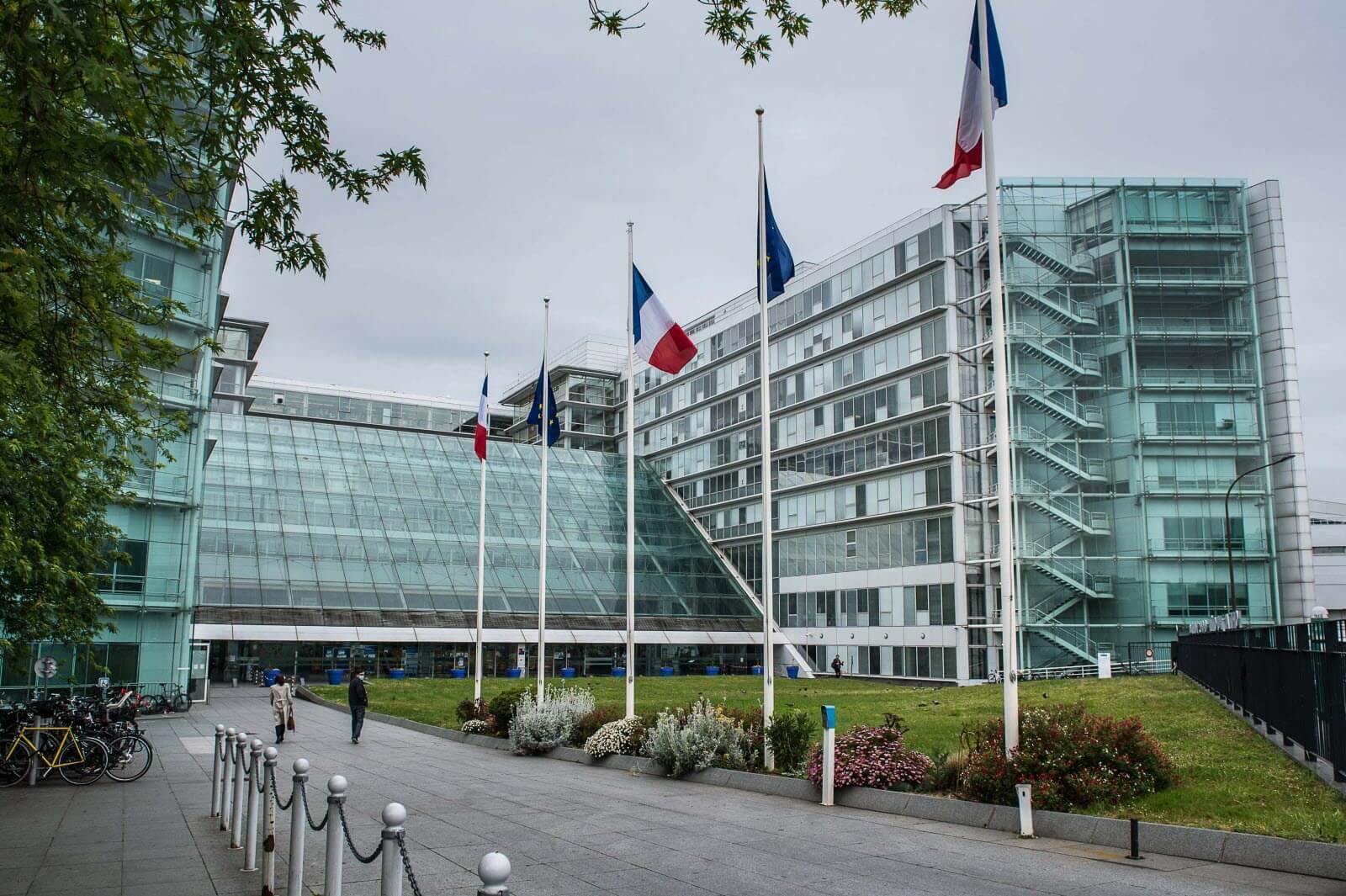
Hôpital Européen Georges-Pompidou
Photo d’illustration Sipa/Isa Harsin
Hôpital Institut CURIE (Paris 5th district)
As one of Europe's leading cancer treatment centers, Institut Curie is renowned for its comprehensive oncology services, research, and innovation. It offers extensive cancer care, including surgery, chemotherapy, and radiotherapy, making it a critical resource for expats needing specialized cancer treatment.
Address: 26 Rue d'Ulm, 5th district Paris (Université Paris Sciences et Lettres)
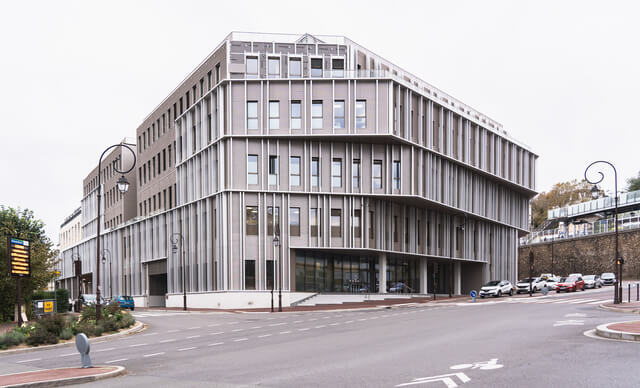
© AMANDINE GOETZ / INSTITUT CURIE - Hôpital Institut CURIE
Hôpital Cochin (Paris 14th district)
Known for high-quality maternity care and extensive medical research, Hôpital Cochin is another prominent member of the AP-HP network and offers services in maternity, endocrinology, nephrology, and emergency care.
Address: 27 Rue du Faubourg Saint-Jacques, 14th district Paris
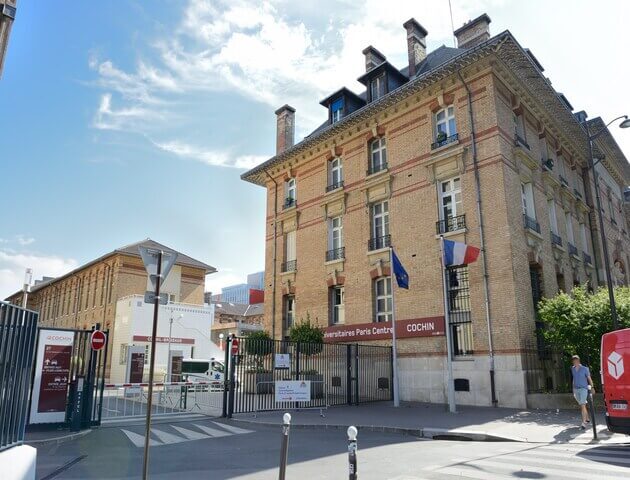
What should I consider before moving to Paris for medical treatment?
- Medical Records: Bring comprehensive medical records and documentation of your diagnosis and previous treatments.
- Expenses: Before traveling, obtain detailed cost estimates from the French medical facility, including consultation fees, treatment costs, hospital stays, and additional services like medications, post-treatment care, and follow-up visits.
- Insurance: Ensure you have adequate health insurance coverage for international treatment.
- Finance: If you need to pay out-of-pocket for your planned medical treatment in France, ensure your credit and debit cards are valid in France. Check with your bank regarding foreign transaction fees, daily or per-transaction limits on international transfers, etc.
- Language: While many doctors speak English, knowing some French can be helpful for daily interactions.
Can foreigners receive cancer treatment in Paris?
Yes, foreigners can receive cancer treatment in Paris. Leading cancer centers like Gustave Roussy and Institut Curie accept international patients and offer comprehensive care packages. It is advisable to contact these institutions directly to understand the admission process, documentation required, and treatment options available. However, keep in mind that if you are not a French resident and are not in the French social security system, you are in charge of your own cancer treatment cost.
How does the French healthcare system work for non-residents?
Non-residents can access healthcare in France, yet the process and costs may vary:
European Union Citizens:
They can use their *European Health Insurance Card (EHIC) to receive unplanned medical care at the exact cost of residents during their temporary stay in other EU countries. However, for planned medical treatment in other EU countries, under certain circumstances, European law may give you the right to arrange medical treatment, which your health insurance institution, such as specialist consultation, surgery, or treatment for a specific condition, can reimburse. For more details, please check with your national health insurance institution and your private health insurance company.
*The European Health Insurance Card (EHIC) is a free card that allows individuals who are insured or covered by a statutory social security scheme in the European Union (EU), European Economic Area (EEA - (Iceland, Liechtenstein, and Norway), and Switzerland to receive medical treatment in another member state free or at a reduced cost. It covers medically necessary treatment that cannot wait until you return home, including treatment for pre-existing conditions and routine maternity care.
In general, you have two ways of obtaining planned medical treatment in another EU country:
Your health insurer can cover all the medical costs directly - Using an S2 Form:
With an S2 form, your own health insurance will directly cover the costs of your treatment in another EU country, but only applies to the public healthcare provider. Before traveling for your planned medical treatment, you must apply for prior authorization from your national health insurance institution, which must prove that your insurance covers this treatment and that the treatment cannot be provided in your home country within a medically justified time frame. Once you have an S2 form, your treatment costs will be covered according to the rules of the country where you receive care. Generally, you will not have to pay upfront, as the institutions in both countries will handle the payments between themselves.
You pay for your treatment and get reimbursement after treatment
You can also pay for your treatment and claim reimbursement when you return to your home country. This option applies to both public and private healthcare providers in the EU. You will receive reimbursement for up to the equivalent cost of the specific treatment in your home country, but only if you are entitled to such treatment in your home country.
Non-EU Citizens:
The French national healthcare system does not apply to non-French residents. Foreigners may need to arrange for private health insurance or pay out-of-pocket for their medical services in France. Therefore, it is essential to check with healthcare providers regarding the costs and whether they offer direct billing to international insurance companies.
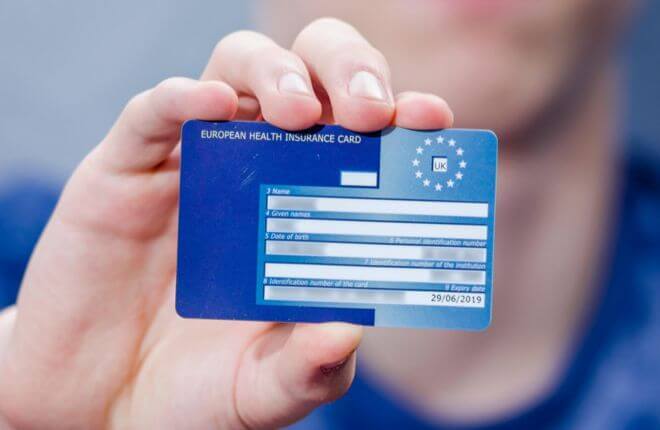
European Health Insurance Card (EHIC)
How can I find English-speaking doctors and medical staff in Paris?
Many hospitals and clinics in Paris have English-speaking staff. Websites like Doctolib and expat forums can help locate English-speaking healthcare providers.
Useful Paris medical infos: List of Parisian hospitals and their specializations and 24/7 Pharmacies in Paris
List of Parisian hospitals and their specializations:
AIDS: Hôpital de la Pitié Salpêtrière (Paris 13th)
Burns:
- Adults: Hôpital Saint-Louis (Paris 10th)
- Children: Hôpital Armand Trousseau (Paris 12th)
Cancer:
- Hôpital Institut CURIE (Paris 5th)
- Gustave Roussy (Villejuif, Ile de France)
Cardiology: Hôpital Européen Georges Pompidou (Paris 15th)
Dental:
- Hôpitaux Universitaires Pitié Salpêtrière (Paris 13th)
- Hôpital Rothschild (Paris 12th)
- Hôpital Henri-Mondor (Créteil, Ile de France)
Dermatology: Hôpital Saint-Louis (Paris 10th)
Dog bites and Travels: Centre médical de l'Institut Pasteur (Paris 15th)
Drug addiction: Hôpital Marmottan (Paris 17th)
ENT (Ear, Nose, and Throat Doctor):
- Children: Hôpital Necker Enfants malades (Paris 15th)
- Adults: Hôpital Lariboisière (Paris 10th)
Gastroenterology: Hôpital Lariboisière (Paris 10th)
Gynecology Obstetrics Maternity: Hôpital Lariboisière (Paris 10th)
Hand:
- Adults: Hôpital Saint-Louis (Paris 10th)
- Children: Hôpital Robert Debré (Paris 19th)
Neurology:
- Hôpital Lariboisière (Paris 10th)
- Hôpital de la Pitié Salpêtrière (Paris 13th)
Ophthalmology:
- Centre Hospitalier National d'Ophtalmologie des Quinze-Vingts (Paris 12th)
- Refractive surgery: Clinique de la vision Paris (Paris 7th)
Orthopaedics: Hôpital Cochin - Port-Royal AP-HP (Paris 14th)
Paediatrics:
- Hôpital Robert Debré (Paris 19th)
- Hôpital Necker Enfants malades (Paris 15th)
- Hôpital Armand Trousseau (Paris 12th)
Poison: Hôpital Fernand Widal (Paris 10th)
Psychiatry: Centre Hospitalier Sainte‐Anne (Paris 14th)
Urology:
- Hôpital Necker Enfants malades (Paris 15th)
- Hôpital Cochin - Port-Royal AP-HP (Paris 14th)
Tropical diseases: Hôpital Bichat - Claude Bernard (Paris 18th)
24/7 Pharmacies in Paris:
Choosing Paris for specialized medical treatment can offer expats access to the world's best healthcare professionals and facilities. With renowned hospitals, advanced medical technology, and comprehensive care, Paris is well-equipped to meet the needs of expats seeking high-quality medical treatment. If you are looking for a furnished long-term apartment rental near Paris hospitals, the Paris Rental Agency is here for you, making your medical stay in Paris comfy, just like home.
Editor: Siyi CHEN
Photo by Unsplash+
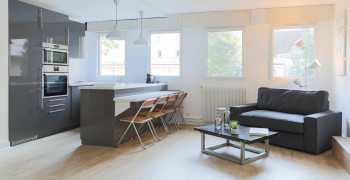


 Français
Français











